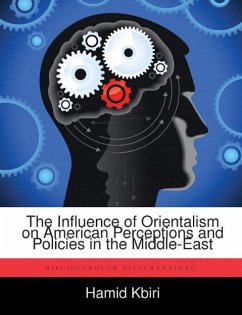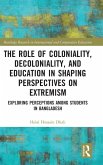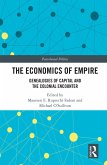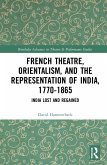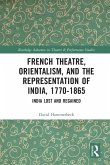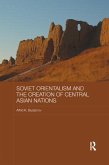Orientalism as a scholarly tradition and a mode of thought looms large in the perceptions of the Middle-East both at the public and official spheres in America. This paper traces the formation of the Orientalist outlook back to the Middle-Ages. It argues that the Orientalist vision of the Middle-East has largely informed the interactions between the United-States and the Middle-East during much of the twentieth century up to the present day. In particular, the Orientalist expertise provided to civilian and military decision makers, under the guise of Area Studies, has time and again proven inaccurate or confusing with often disastrous long-term consequences. The on-going war in Iraq is the ultimate illustration of how Orientalist conventional wisdom had it wrong. The stark discrepancies between expert predictions and actual developments and the growing insistence on cultural awareness among the US military seem to underscore the limits of the prevailing Orientalist paradigm of perception. While Orientalist knowledge should not be rejected wholesale, there is a need to empanel other Middle-East experts, who are shorn of Orientalist bias, to achieve a balanced assessment of the developments in this critical region of the world. Likewise, military curricula and recommended reading lists should include other authoritative materials which present other perspectives on the Middle-East, relying more on empirical data than on philological conjectures.
Hinweis: Dieser Artikel kann nur an eine deutsche Lieferadresse ausgeliefert werden.
Hinweis: Dieser Artikel kann nur an eine deutsche Lieferadresse ausgeliefert werden.

